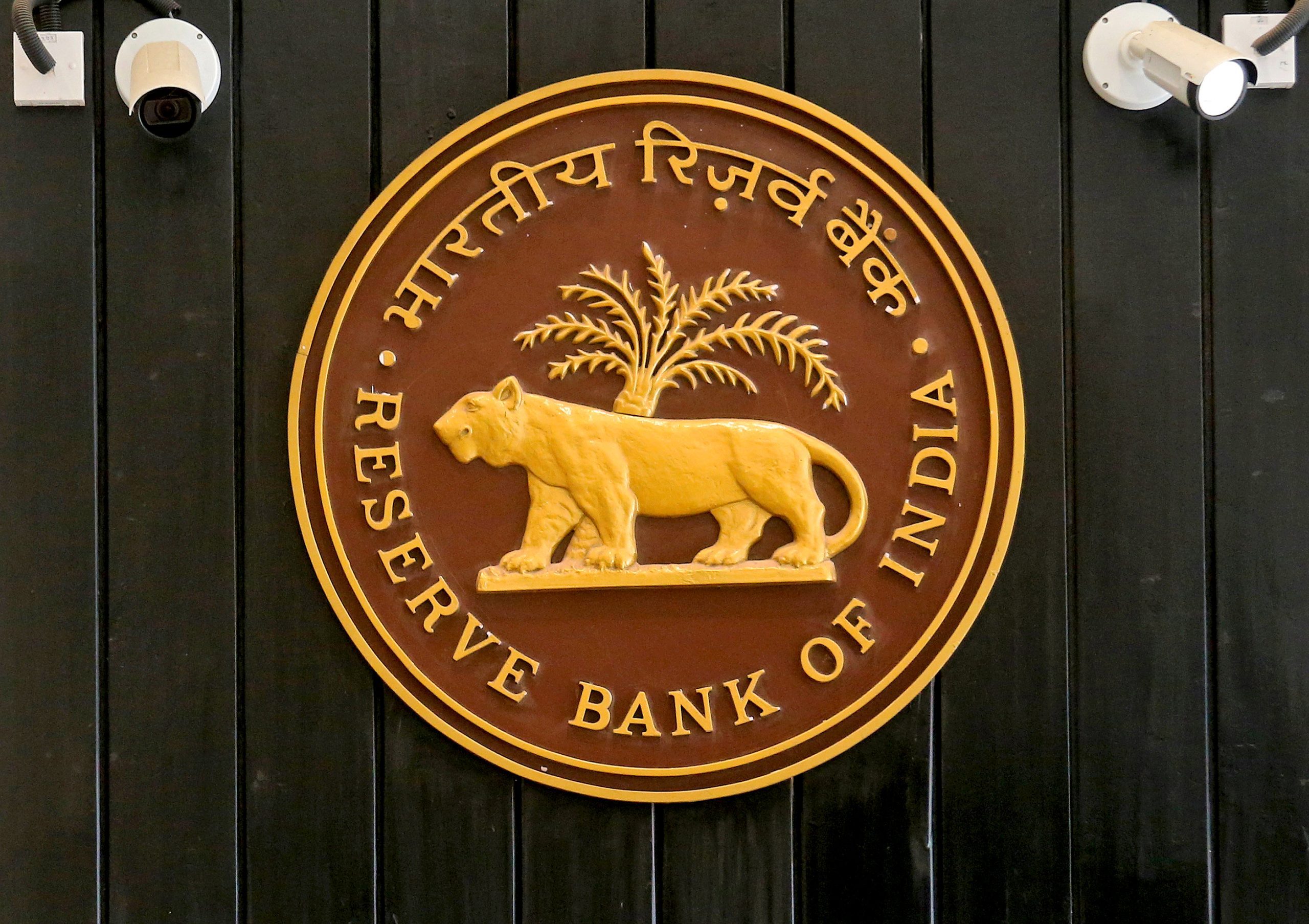The Reserve Bank of India (RBI) has projected that the dominance of fossil fuels in electricity generation will conclude by the end of the decade, according to its latest report. The central bank forecasts that renewable energy is set to account for more than 50% of global electricity generation as part of a significant energy transition.
The report highlights an acceleration in the transition to clean energy, noting a surge in the deployment of clean technologies and capital investment to unprecedented levels. “The era of fossil fuels’ dominance is coming to an end, with renewables expected to cross 50% share of electricity generation globally by the end of this decade,” said the RBI.
Furthermore, the RBI emphasized that the growth of cleaner power generation presents an opportunity to tackle “hard-to-abate” sectors, such as steelmaking and aviation, where low-carbon alternatives are still developing. The central bank underscored the critical need for increased investments in low-carbon energy to facilitate significant emissions reductions.
“Cleaner power generation can drive the bulk of the aggressive emissions cuts that are urgently needed, enabling more time to address ‘hard-to-abate’ areas like steelmaking and aviation, where cost-competitive low-carbon solutions have yet to scale,” the report added.
The RBI pointed out that for every dollar invested in fossil fuels, approximately three dollars should be allocated to renewable energy in the upcoming years. This marks a considerable shift from the current investment ratio, where both sectors receive equal funding. A tripling of renewable energy capacity by 2030 is viewed as essential for achieving net-zero emission targets by mid-century.
“On the energy supply side, for every US dollar that goes to fossil fuels, an average of USD 3 needs to be invested in low-carbon energy over the remainder of the decade,” the RBI said.
Additionally, the RBI indicated that the estimated cost of establishing a fully decarbonized global energy system by 2050 will reach around USD 215 trillion. Despite this substantial financial requirement, the report expresses optimism regarding ongoing efforts to green the financial sector.
It highlights that striking the right balance between public policy interventions and market-based competition will be crucial for accomplishing this ambitious energy transition. The central bank also noted that financial inclusion has seen significant improvement as the world continues to advance toward a more sustainable energy future.
(Inputs from ANI)














